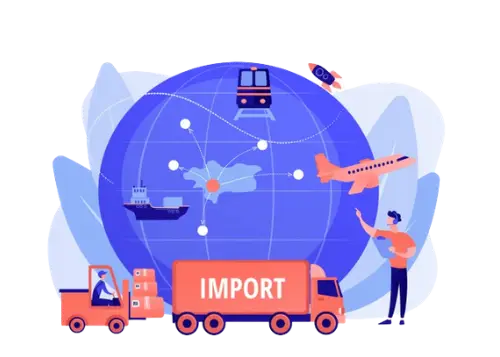What is an Import-Export Code (IEC)?
The IEC is a key business identification number required for:
1.Importing Goods: Bringing goods into India from other countries.
2.Exporting Goods: Sending goods from India to other countries.
3.Availing Export Benefits: Claiming incentives under government schemes.
The IEC is issued under the Foreign Trade (Development and Regulation) Act, 1992, and is valid for a lifetime.
Who Needs an IEC?
An IEC is mandatory for:
1.Importers and Exporters: Businesses involved in cross-border trade.
2.Manufacturers: Companies exporting their products.
3.Service Providers: Businesses providing services to foreign clients.
4.E-commerce Exporters: Online platforms selling goods internationally.
Note: Individuals importing or exporting goods for personal use do not require an IEC.
Benefits of IEC Registration
1.Legal Compliance: Mandatory for customs clearance and international trade.
2.Access to Global Markets: Enables businesses to trade with foreign countries.
3.Export Incentives: Eligibility for government schemes like MEIS (Merchandise Exports from India Scheme) and RoDTEP (Remission of Duties and Taxes on Export Products).
4.Tax Benefits: Avail of GST refunds and duty drawbacks on exports.
5.Banking Transactions: Required for processing foreign currency transactions.
Documents Required for IEC Registration
1.PAN Card: Permanent Account Number of the business or individual.
2.Aadhaar Card: For identity verification.
3.Proof of Business Address: Rent agreement, utility bill, or ownership documents.
4.Bank Account Details: Cancelled cheque or bank statement.
5.Passport-Sized Photograph: Of the applicant.
6.Digital Signature: For companies and LLPs.


